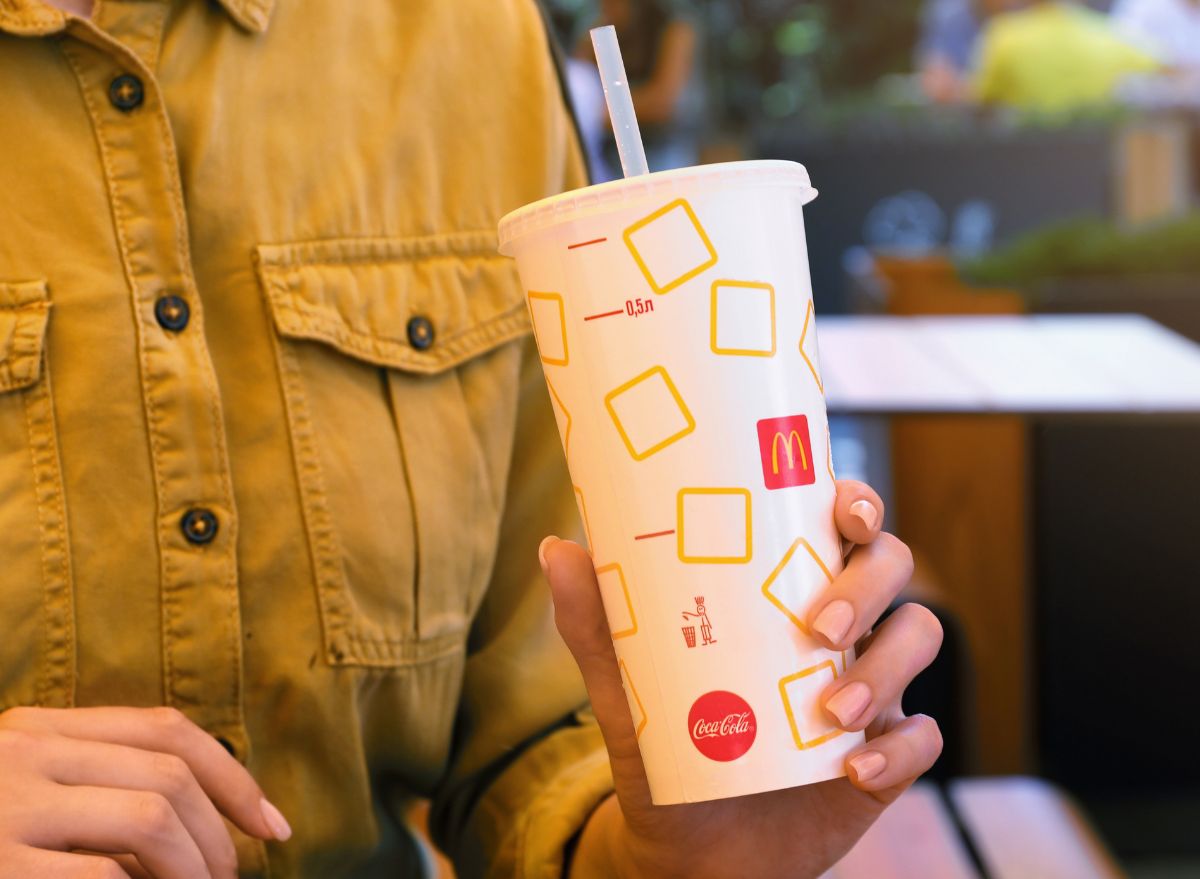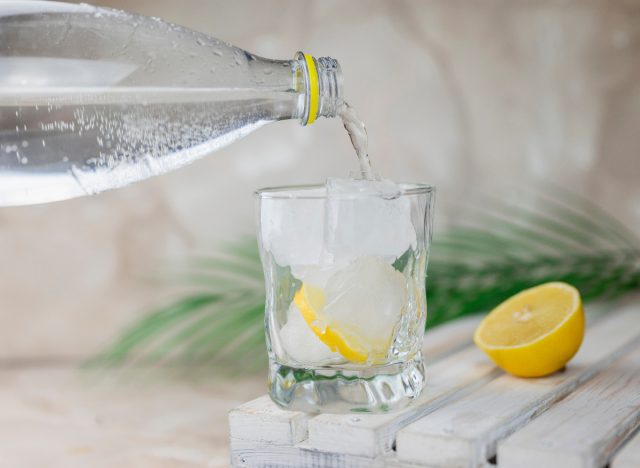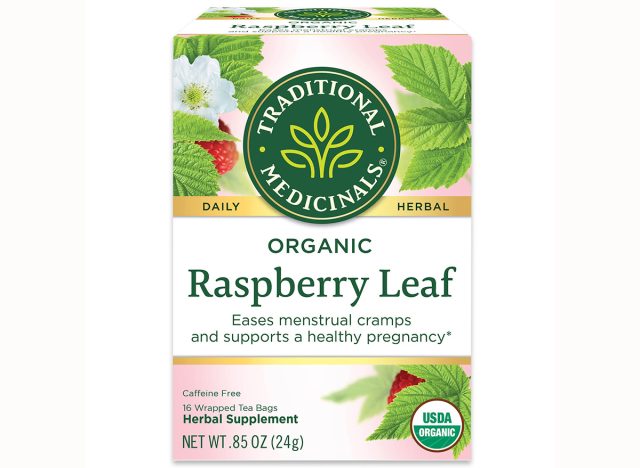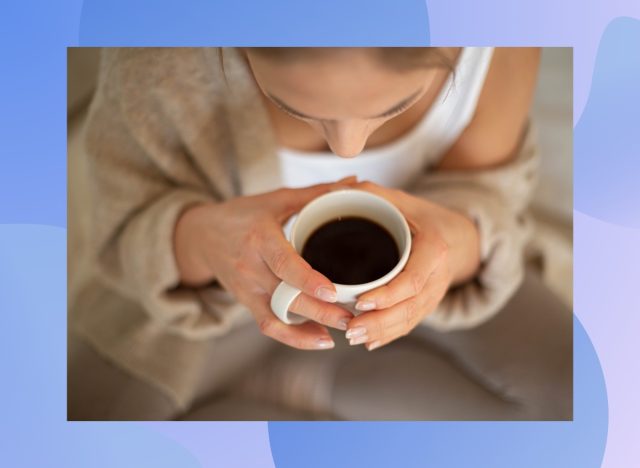The Danger Sign You're Drinking Too Much Soda, According to Experts

Though soda addiction isn't formally recognized by science as a real disorder, drinking too much of it can indeed result in a dependency with severe consequences for your body. After all, like any substance considered addictive, soda contains ingredients—chiefly caffeine and sugar—that are habit-forming and can lead to serious cravings and over-consumption. "In regular sodas, the sugar causes dopamine releases in the brain, stimulating pleasure centers," writes Natalie Stephens, RD, a lead dietitian in Nutrition Services at the Ohio State University Medical Center. "For some, it's not the ingredients that cause the addiction, but the lifestyle habit that leads you to the fridge."
If you're finding that your habits are leading you to the fridge too often, know that the insidious side effects of consuming too many of these nutritionally vapid and sugary beverages include weight gain, higher diabetes risk, tooth decay, excess fat around your midsection, joint pain, kidney health issues, greater heart disease risk, higher cholesterol, poor gut health, hormone issues (chiefly regarding leptin, your hunger hormone), memory loss, dehydration, hair loss, bloating, and an increased risk of death—to name a few.
"The optimal intake of these drinks is zero," Vasanti S. Malik, ScD, a research scientist at the Harvard T.H. Chan School of Public Health, told The New York Times. "They have no health benefits." (Related: don't miss this list of the 108 Most Popular Sodas Ranked by How Toxic They Are.)
Now, if you knock back the occasional Coke every now and then, you likely aren't a sugar addict. But if you're concerned whether or not your everyday soda consumption is a real problem, one of the biggest danger signs you're drinking too much is if you're finding yourself experiencing headaches when you're not drinking it. "Like many addictive substances, you can go through withdrawal when you stop drinking soda," writes Ohio State's Stephens. "If you're consuming caffeinated sodas, your greatest symptom may be headaches. Consistently taking in a stimulant then abruptly stopping will likely give you headaches and leave you feeling a bit grumpy."
If this sounds familiar, you should wean yourself off the soda as you would most addictive substances—gradually. "If you cannot stop drinking sweetened beverages cold turkey, try to taper off as best you can," says Irina Todorov, MD, of the Cleveland Clinic. "If you're drinking a 20-ounce bottle of soda a day, try a 12-ounce bottle instead. If you're drinking two sodas a day, try one."
Stephens agrees. "Consider making small goals to reduce your soda intake by one unit per day each week," she writes. "For example, if you drink four cans of soda in a day, try to limit it to three a day for one week, then two a day for a week, until you've weaned down. You can set a goal that for each ounce of soda you drink, you must also drink that much water. You may find that by drinking more water, you're more satisfied and don't need soda."
Todorov notes that if you're looking to change your habits, it's less effective to focus on what you can't drink than what you can. So consider changing your daily soda to one of these healthy alternatives we've compiled right here. And if you're availing yourself of a soda every now and then, make sure you're aware of The Single Worst Time of Day to Drink a Soda, According to Experts.
Seltzer with a Slice of Fruit

The fizziness and fresh flavor make this an excellent substitute for a cola.
Fruity Tea

Courtesy of the SkinnyMs.com, here's a recipe for pomegranate tea—something fruity, caffeinated, and far healthier for you than a can of sugary soda.
Simple Grapefruit Soda

The tart, pink grapefruit juice in this delicious recipe blends together nicely with seltzer water to create a refreshing, homemade beverage.
Black Coffee

If you need that jolt of caffeine, sub in a way healthier cup of Joe. But whatever you do, just make sure you're avoiding The Most Dangerous Way to Drink Coffee, According to Science.








